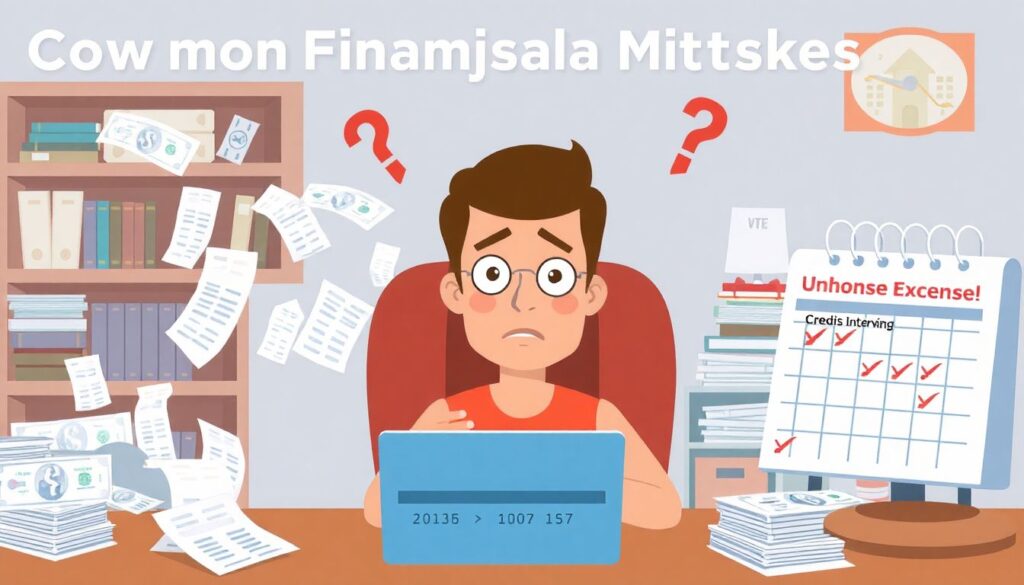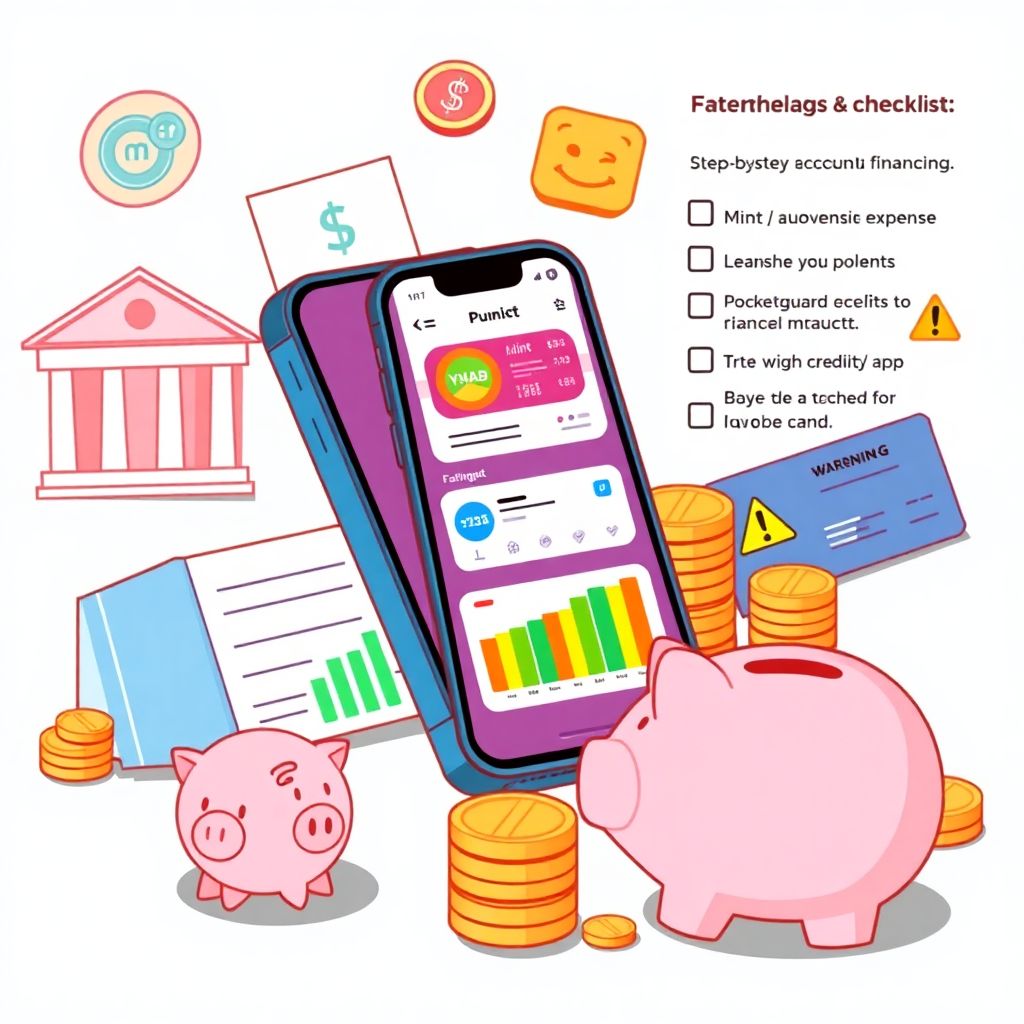Essential Tools for Managing Personal Finances
To begin mastering your money, you must first equip yourself with the right financial tools. A foundational step is selecting the best personal finance apps that offer budgeting, expense tracking, and financial goal-setting features. These applications, such as Mint, YNAB (You Need A Budget), or PocketGuard, provide real-time visibility into your income and expenditures. Additionally, setting up a reliable checking and savings account with low fees and high interest yields is crucial. For long-term planning, consider using investment platforms tailored to beginners, which offer educational resources and risk-managed portfolios.
Step-by-Step Process to Financial Stability
Achieving control over your finances requires a structured approach. Start by analyzing your cash flow—calculate your total monthly income and fixed expenses. Then, apply the 50/30/20 rule: allocate 50% of income to needs, 30% to wants, and 20% to savings or debt repayment. This method is a cornerstone of any beginner’s guide to budgeting. Next, build an emergency fund equivalent to three to six months of living expenses. Once your budget and savings are stable, explore investment strategies for beginners such as index funds or robo-advisors. These low-cost, diversified options are ideal for long-term wealth accumulation.
Common Mistakes in Personal Finance Management

Novices often make critical errors that hinder financial progress. One frequent mistake is neglecting to track daily expenses, which leads to budget overruns. Another error is relying solely on credit cards without understanding interest accrual, resulting in compounding debt. Many also underestimate the importance of an emergency fund, leaving them vulnerable to unexpected costs. Additionally, beginners may delay investing due to fear or lack of knowledge, missing out on compound growth. Avoiding these pitfalls is essential; consistently applying personal finance tips can prevent costly setbacks and accelerate financial independence.
Troubleshooting Financial Setbacks
Financial disruptions are inevitable, but recognizing and addressing them promptly minimizes long-term impact. If your budget fails, revisit your spending categories and identify leaks—subscriptions, impulse purchases, or variable bills. When savings stagnate, reassess your goals and automate deposits to enforce discipline. If investments underperform, review your risk tolerance and diversify your portfolio accordingly. Utilize the best personal finance apps to generate reports and alerts that highlight discrepancies. Understanding how to save money effectively during crises—such as cutting discretionary spending or refinancing high-interest loans—can restore stability and reinforce your financial plan.
Long-Term Optimization and Growth

Once foundational habits are established, focus on optimizing your financial trajectory. Regularly update your budget to reflect life changes and income fluctuations. Expand your knowledge of investment strategies for beginners by exploring ETFs, dividend stocks, or tax-advantaged accounts like IRAs. Monitor your credit score and debt-to-income ratio, as these metrics influence loan eligibility and interest rates. Incorporate advanced personal finance tips, such as tax-loss harvesting or cashback optimization, to enhance efficiency. By iterating your financial plan and leveraging technology, you can transform basic budgeting into a sustainable wealth-building system.
